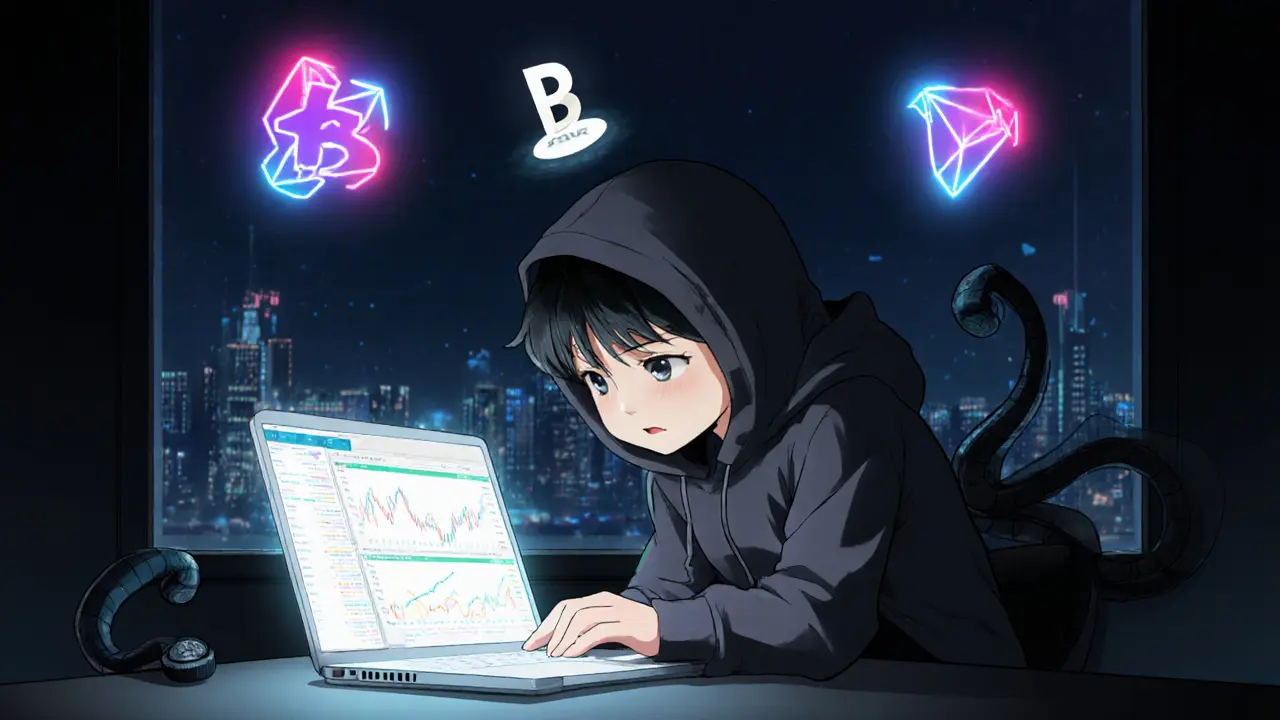Crypto Detection in Iran: How People Bypass Restrictions and Stay Connected
When governments try to block cryptocurrency, people find ways around it. In Crypto detection in Iran, the government’s attempts to monitor and restrict digital currency transactions have pushed users toward decentralized, peer-to-peer systems that leave little trace. Also known as crypto censorship evasion, this isn’t about rebellion—it’s about survival. Banks freeze accounts, exchanges block access, and regulators threaten fines. But Bitcoin doesn’t need a bank. It doesn’t need permission. And in Iran, where inflation eats away at savings and foreign currency is hard to get, crypto isn’t a luxury—it’s a lifeline.
That’s why P2P crypto platforms, direct trading networks where users buy and sell crypto without intermediaries. Also known as peer-to-peer crypto, they’ve become the backbone of Iran’s crypto economy. Platforms like LocalBitcoins and Paxful let Iranians trade with buyers worldwide using cash deposits, mobile wallets, or even gift cards. No KYC. No bank links. Just direct transfers. Meanwhile, Binance restricted countries, listings that show where major exchanges pull services due to legal pressure. Also known as crypto exchange bans, they highlight how central platforms vanish when governments crack down. But that’s not the end—it’s a shift. Traders move to smaller DEXs, use privacy coins, or bridge assets through Layer 2 networks to avoid detection.
It’s not just about buying Bitcoin. It’s about keeping money moving. Iranians use tokens like USDT on Binance Smart Chain because they’re stable, widely accepted, and easy to convert. They trade on DEXs like SushiSwap on Polygon because the fees are low and the transactions are fast. They avoid tokens with no volume or fake teams—like RP1 or ARX—because those don’t move. They care about what works, not what sounds cool. The real players know: if a crypto can’t be traded, it’s just data on a screen.
What you’ll find below isn’t theory. It’s real reports from people who’ve been there. Guides on how P2P platforms actually work in Iran. Reviews of exchanges that still let users in. Breakdowns of tokens that survive under pressure. And warnings about the scams that prey on desperation. This isn’t about crypto hype. It’s about how people stay financially free when the system tries to lock them out.
